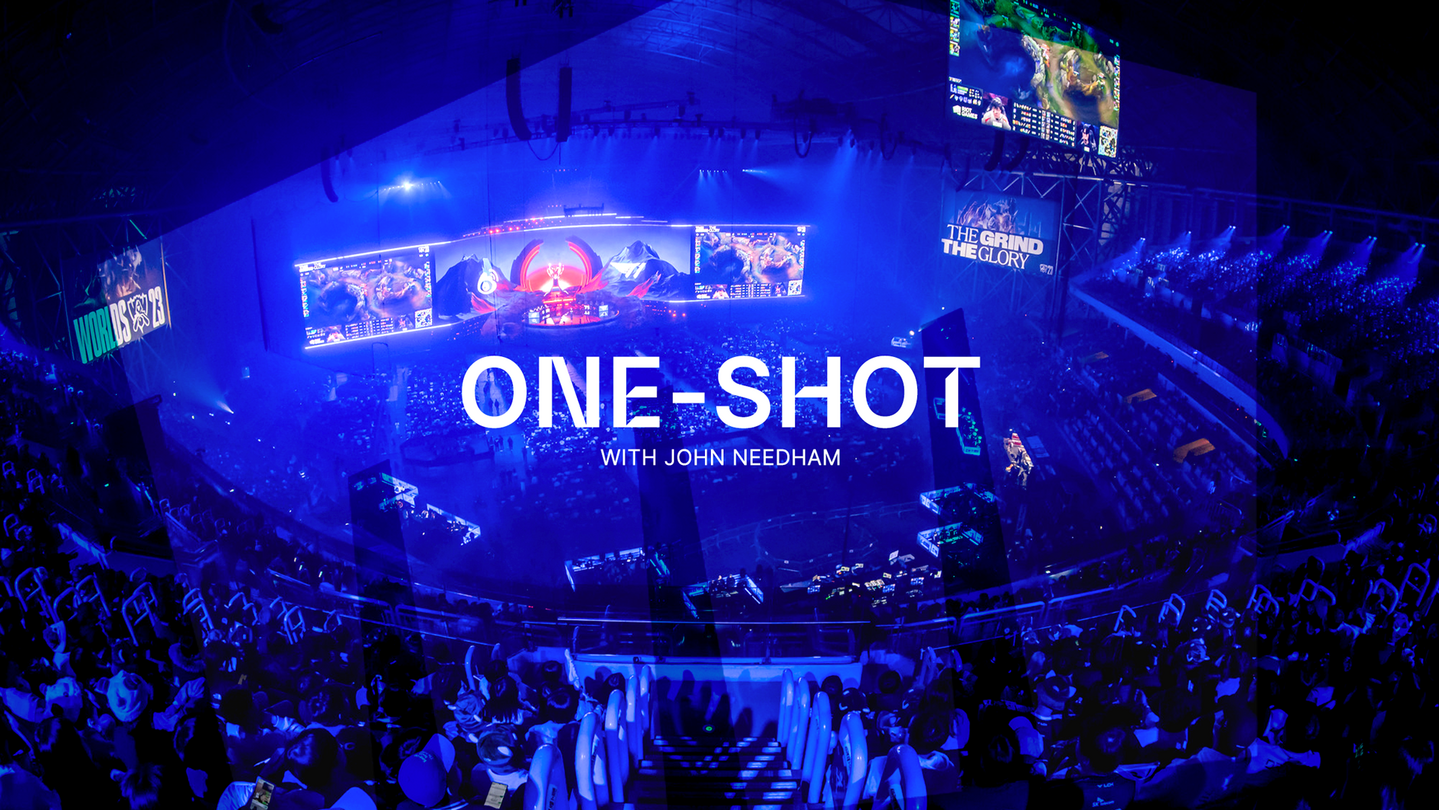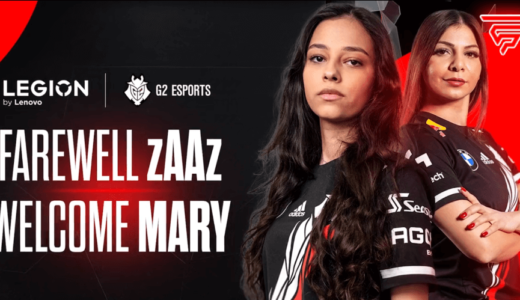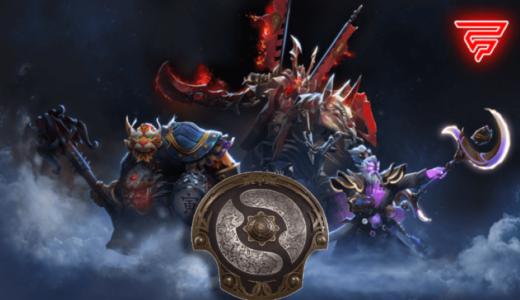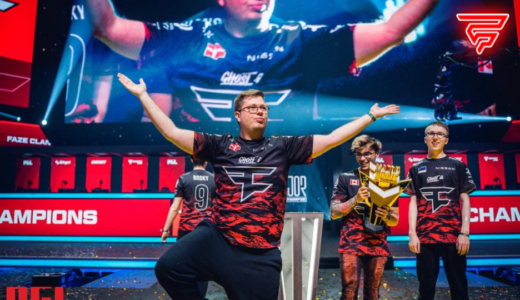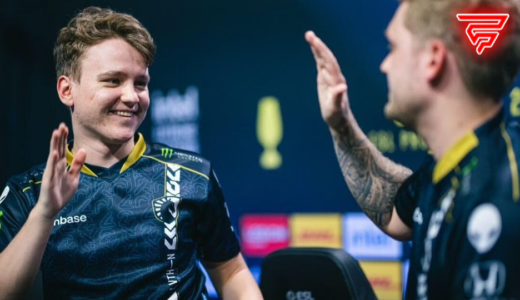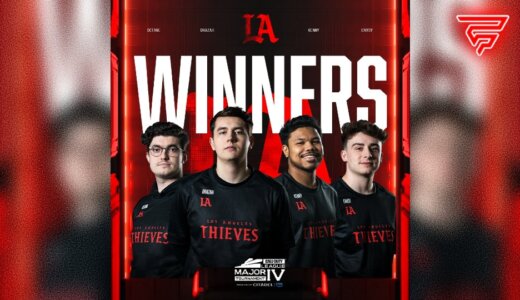With the VALORANT Champions Tour raking in millions in terms of revenue and viewership statistics, Riot Games reveals it will take a somewhat similar path for its esports and business strategy for League of Legends.
The new changes are set to impact worldwide LoL tourneys such as the LoL Championship Series (LCS), League of Legends European Championship (LEC), and League of Legends Champions Korea (LCK). The LoL Pro League also be a recipient of the said changes, with plans being made to accommodate the said league as well.
Riot Games’ President of Esports John Needham said in a blog post, “The changes we’re presenting to teams are intended to keep LoL Esports healthy and on a path to long-term sustainability. In this context, sustainability means that LoL Esports can generate enough revenue to cover the costs of Riot, our professional teams, and other stakeholders investing in our ecosystem while also providing an enduring career for our best players to compete professionally.”
Under the new scheme, LCK, LCS and LEC team will be given a fixed stipend or allowance, alongside revenues from various digital content sales. A global revenue pool or GRP will also be created with the aim of distributing funds through general, fandom, and competitive shares.
The GRP works in three key ways, according to Needham’s blog post:
- General Shares: 50% of the GRP goes into General Shares and is allocated to Tier 1 teams.
- Competitive Shares: 35% of the GRP flows into the Competitive bucket. These shares are allocated based on competitive performance and are split into two tranches: one based on regional league standings and the other based on international event placements.
- Fandom Shares: The remaining 15% of the GRP goes into Fandom Shares. This bucket rewards teams for developing strong fandom for their players, leagues, and team brands.
Riot also said that the standard esports revenue share percentage will increase, as well as the quantity of esports digital content, will increase in a given season.
“The in-game LoL Esports content we’ve released the past two seasons (i.e., MSI/Worlds content, SKE emotes, Worlds Winner skins, etc.) has continued to set new engagement and revenue records, and we’re eager to continue that trajectory to support the GRP. We’ll have more to share about some exciting new digital LoL Esports products in development later this year,” Needham said in his blog.
The company also added it will increase the esports revenue share percentages and increase the quantity of digital content in a given season. They also added that Riot will contribute 50% of other direct revenues (sponsorships, media, etc.) once Riot recovers its annual investment in LoL Esports.
This is a far cry from what used to be main revenue driver for League of Legends Esports more than a decade ago.
“In the current LoL Esports partnership model, teams committed to pay ~$10M to participate in a league and receive 50% of certain revenues (not profits) generated by that league. Most of this revenue has historically come from sponsorship and, to a (much) lesser extent, media rights,” Riot Game said.
The original intent, they said, was to provide long-term slots for multi-year sponsorships and contracts, as well as aligning incentives and making sure the teams financially succeed.
However, Riot acknowledged that in the long run, several factors contributed to why this strategy did not immediately work.
“Over time, access to capital became limited, revenue growth didn’t catch up to cost growth, and team cash reserves dried up,” they said.
They also noted that new team sponsorship categories, as well as minimum guarantees on league revenues, as well as other business-related moves, did not “give us the confidence we’re heading toward long-term sustainability.”
In the end, Riot Games says they will commit to delivering bigger and bolder gaming experiences as an industry leader in esports.
“Our commitment to delivering unforgettable gaming experiences is steadfast, and our investment in esports will remain unmatched in the industry. LoL Esports is the #1 esport on the planet, has a passionate community, the most recognized teams, the best players, and an unparalleled legacy. We intend to grow that position and future-proof it for current and future players. There will be more changes and adjustments along the way, always with the goals of elevating our games, serving our players better, and achieving ecosystem-wide sustainability for Riot Games and our partners,” Needman said in his closing statement.
